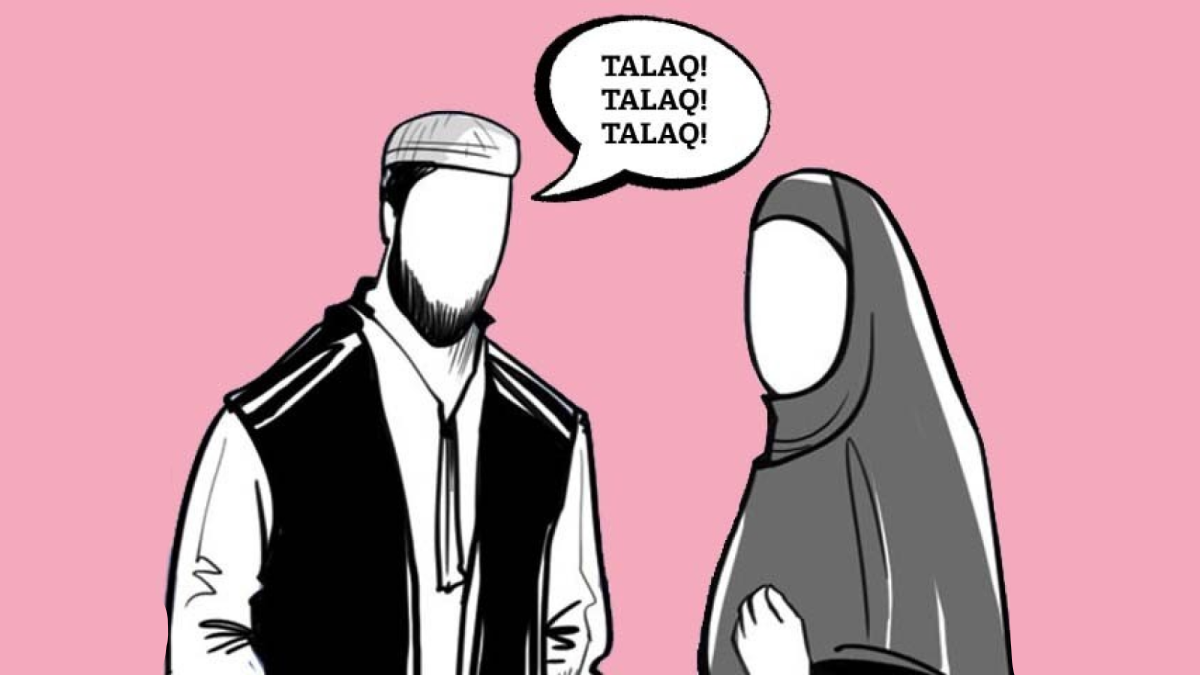Halala is a term within Islamic jurisprudence that refers to a specific process a woman must undergo if she wishes to remarry her former husband after a talaq al mughallazah or irrevocable divorce . This process has sparked considerable discussion and debate among scholars and laypeople alike . One of the most contentious aspects of halala is the requirement that the woman must marry another man and consummate that marriage before she can remarry her first husband . This article explores why this condition exists what happens if intercourse does not take place and the theological and legal reasoning behind it .
What Is Halala
In Islamic law divorce can be either revocable or irrevocable . A man has the right to divorce his wife up to three times . After the first or second divorce the couple can reconcile during the waiting period iddah or remarry after it ends. However after the third divorce the separation becomes irrevocable. At this point the couple cannot remarry unless the woman marries another man in a genuine marriage consummates the marriage and then is either widowed or divorced
- This process is referred to as nikah halala. It is rooted in Islamic jurisprudence and mentioned in the Quran. The relevant verse is
- “And if he has divorced her for the third time then she is not lawful to him afterward until she marries a husband other than him”
— Surah Al Baqarah 2230
This verse forms the basis of the halala rule. The underlying wisdom according to scholars is to prevent the misuse of divorce and to encourage men to take the marital bond seriously .
Also read:Petrol and Diesel Prices Likely to Increase for the Next 15 Days What You Need to Know
Why Is Intercourse Necessary in Halala
The condition of consummation — that is actual sexual intercourse — in the second marriage is a critical part of halala . According to traditional Islamic legal schools the second marriage must be a real and complete marital relationship not a temporary arrangement designed solely to permit the woman to return to her previous husband
The requirement of consummation is derived from hadith sayings of the Prophet Muhammad peace be upon him. One such hadith states
- “The woman who has been divorced thrice is not lawful for her first husband until she tastes the sweetness of intercourse with the second husband”
- — Sahih al Bukhari and Sahih Muslim
The phrase “tastes the sweetness” is understood by scholars to mean sexual intercourse must occur . This condition ensures that the second marriage is not a sham but a legitimate union . It also serves as a deterrent to rash divorces and reinforces the gravity of ending a marriage .

What If Intercourse Does Not Take Place
If the second marriage is conducted but sexual intercourse does not occur the conditions for halala are not fulfilled . In this case the woman cannot lawfully remarry her first husband. The second marriage would not be seen as complete in the eyes of Islamic law .
This means that the mere act of contracting a marriage with another man is insufficient . The consummation must be voluntary and real . If the second husband divorces the woman without consummating the marriage whether by agreement or for another reason she remains ineligible to return to her first husband .
The Problem of Misuse
Unfortunately some people have misinterpreted or abused the concept of halala . In some cases arrangements are made where a man marries and divorces a woman with the explicit intention of allowing her to remarry her former husband . This is referred to as “planned halala” or tahleel marriage and is strictly prohibited in Islam .
The Prophet Muhammad peace be upon him strongly condemned such practices. In an authentic hadith he said .
“Allah has cursed the one who does tahleel and the one for whom it is done”
— Sunan Ibn Majah
This indicates that any halala performed with the intent to make the woman permissible for her first husband is invalid and sinful .
Conclusion
Halala is a serious matter in Islamic family law with conditions that must be fulfilled sincerely and lawfully. The requirement of sexual intercourse in the second marriage underscores the importance of genuine commitment in the marital bond and deters manipulative practices. If intercourse does not take place the halala process is incomplete and the woman cannot remarry her first husband. Understanding the purpose and limitations of halala helps ensure that it is not misused or misunderstood in modern contexts .
